The National Research Platform for Zoonoses organised a workshop on 15 June 2010 on so-called "Neglected Diseases". These are infectious diseases that can have particularly serious consequences in regions characterised by poverty.
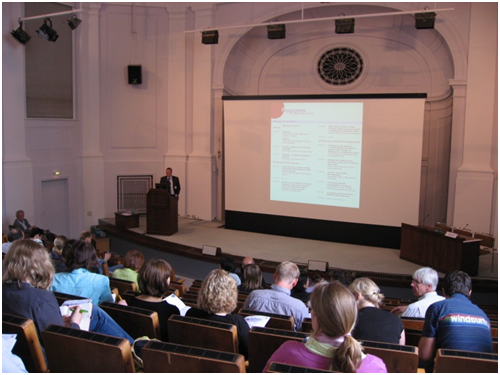

The event was intended to contribute to an intensified exchange between scientists from different disciplines in order to intensify cooperation in the future.
The almost 70 participants took this opportunity to deepen the scientific dialogue. Especially the scientists of the emerging zoonotic research networks used the opportunity to plan the next steps of their collaborative research.
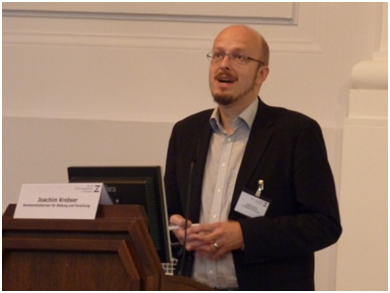
Mr. Joachim Krebser of the BMBF encouraged the participants to continue and intensify networking beyond the current research programmes on neglected, poverty-associated infectious diseases and the newly established zoonotic research networks on neglected diseases.
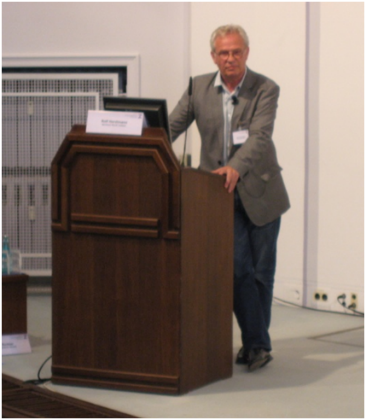
Prof. Dr. R. Horstmann from the Bernhard Nocht Institute for Tropical Medicine (BNITM) introduced the topic with an exciting overview lecture and explained the variety of pathogens and transmission paths. It was shown once again that there is still a great need for research on a large number of the Neglected Diseases concerning the reservoir. In addition, Prof. Horstmann highlighted the political and socio-cultural framework conditions in the fight against Neglected Diseases. Besides the Neglected Diseases, Malaria, Tuberculosis and HIV/AIDS have a clear poverty-associated component.

Dr. Elvira Richter from the Borstel Research Centre devoted herself to the topic of tuberculosis and showed the progress and setbacks in tuberculosis research in recent decades. The development of a highly effective and easily applicable vaccine with a small spectrum of side effects is the challenge par excellence to protect the population worldwide from tuberculosis in an age of increasing resistance.
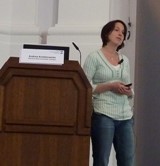
In the second part of the event, the successful applicants of the BMBF's funding programme "Funding of Junior Research Groups and Mobility Grants for Research into Neglected and Poverty-Associated Communicable Diseases" presented their respective research objectives.
Dr. Andrea Kreidenweiss from the Eberhard Karls University of Tübingen is investigating multiple infections of Schistosoma, Malaria and Ascaris using cytometric beads array technology.
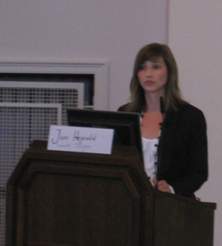
Ms. Jana Hegewald - also from the Eberhard Karls University of Tübingen - presented the junior research group project to investigate the cellular immune response in polyparasitic infections on behalf of Dr. David Hamm. In addition, the cellular gene expression in multiple infections (necatoriasis, schistosomiasis and amoebiosis) will be analysed on the molecular level.

Dr. Meral Esen (Eberhard Karls University, Tübingen) made an exciting contribution to the study of school children in Gabon with her presentation on vaccine development. Preliminary investigations showed that the simultaneous infestation with geohelminthes significantly suppresses the immune response during vaccination. The research project aims to investigate the effects of an antihelminthic therapy on immunogenicity in vaccination programmes, taking into account the international standards for conducting clinical trials.
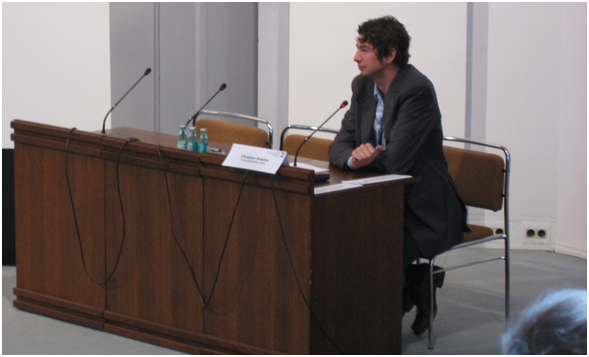
The third part of the event was dedicated to the new zoonotic research networks to be established in the context of Neglected Diseases. Prof. Dr. Christian Drosten (University Clinic Bonn) gave an introductory report on the research network "SARS - Ecology and Pathogenesis of an Archetypal Zoonosis", which has been in existence since 2007 and has been able to achieve considerable progress in research due to the strong networking of the relevant actors.
Afterwards, Dr. Eckhard Strauch (BfR, Berlin), the coordinator of VibrioNet, which is to be founded, presented the research agenda of the network with its eight subprojects. The research work on vibrioses is expected to begin in the IV quarter of 2010.
The coordinator of the research network "Lyssaviruses - a potential re-emerging public health threat" (Dr. Thomas Müller, Friedrich-Loeffler-Institute) also impressively demonstrated that the various representatives of the lyssavirus can only be combated through concerted research activities and thus the renewed spread of rabies can be contained.
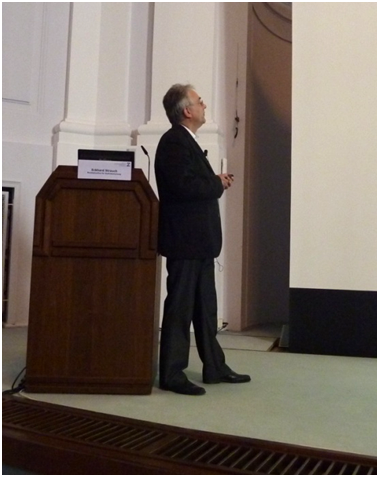

The workshop showed once again that only through joint research efforts can success be achieved in the prevention, diagnosis and therapy of neglected diseases, which are predominantly associated with zoonotic infectious diseases. The National Research Platform for Zoonoses has also committed itself to this goal.
Download: Abstract und program.
Presentations:
Esen, Meral Dr.
Kreidenweiss, Andrea Dr.
Müller, Thomas Dr.
Strauch, Eckhard Dr.



